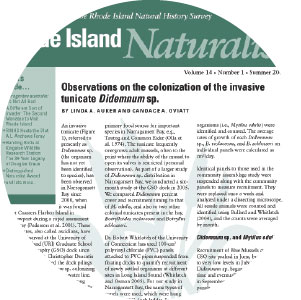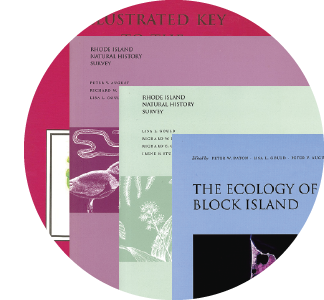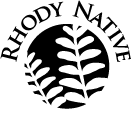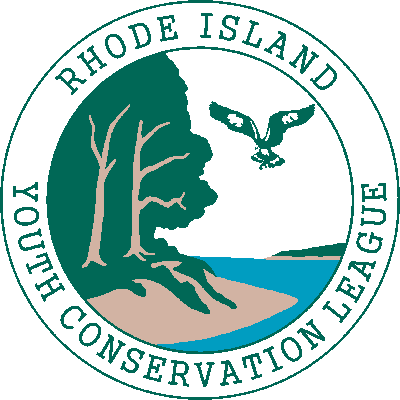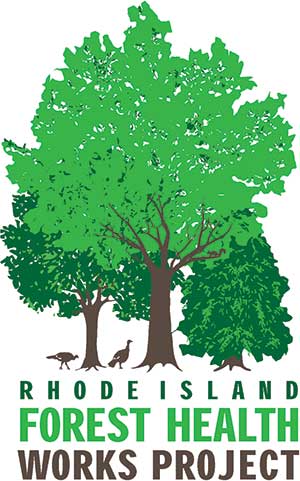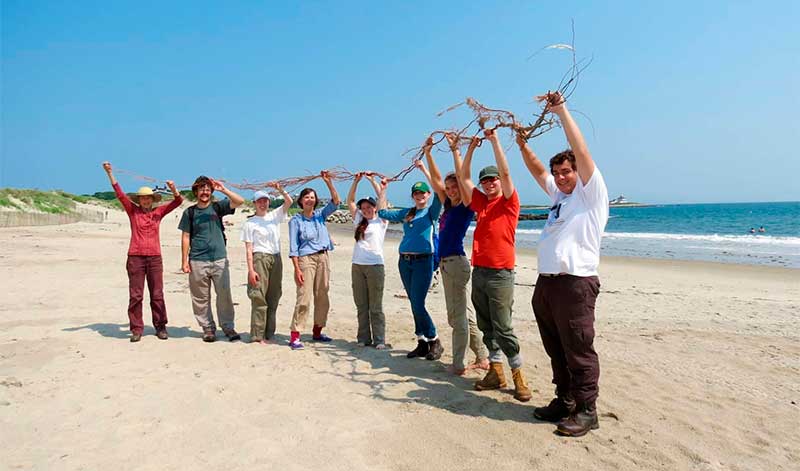
Links to publications & discrete projects, some running now, some wrapped up, with links to results.
Bulletin: The Rhode Island Naturalist
To help make information on the state’s natural history more widely available, the Rhode Island Naturalist provides an outlet for the work of scientists, naturalists, students, and artists. Published since 1994, the bulletin used to be called RINHewS.
Books
Since its inception, publishing has been one important way the Survey pursues its mission. Here are books published by the Survey. All are still available for purchase, albeit some in limited quantities, by contacting the main office.
Rhody Native™
In the Rhody NativeTM initiative, staff and volunteers propagate plants from local, sustainably harvested wild seeds for use in habitat restorations. The goal is to preserve the biodiversity of Rhode Island’s plant communities and wildlife, including pollinators, by facilitating access to native plants. The At-Risk Plant Propagation Project is a Rhody NativeTM activity: selected rare plants are propagated to reinforce existing populations or establish ones at new sites.
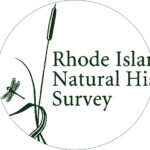
Natural History Directory of Collections
Museums, libraries, and archives, even private collections, in Rhode Island and beyond, contain irreplaceable information about Rhode Island’s biota and natural systems. Since 1993, the Survey has published several versions of a directory, in paper and in electronic form, to help connect people and resources. Find out more about it and participate in current directory projects.
Museum Mentorship Program at Roger Williams Museum of Natural History
This is a new program being developed during 2023 in collaboration with the Roger Williams Museum of Natural History and Planetarium in Providence. Keep monitoring the project page for updates.
Rhode Island Youth Conservation League
The YCL engages young people in conservation and brings attention to the stewardship responsibilities that go with land conservation. A paid crew of high-school aged youth work through the summer on invasive plant management, trail building, and habitat enhancement with partners including Audubon Society of Rhode Island, The Nature Conservancy, the state, and local land trusts.
Rhode Island Diamondback Terrapin Working Group
Diamondback terrapins are unique coastal dwellers with a difficult history. People from many different organizations are interested in terrapin conservation in Rhode Island, and the Diamondback Terrapin Working Group helps them exchange information and collaborate on projects.
Rhode Island Wetlands Monitoring and Assessment Program
A wetland scientist, botanists, and field technicians, working closely with the Rhode Island Department of Environmental Management, Office of Water Resources and other partners, develop techniques to rapidly assess the ecological condition of wetlands—freshwater and saltwater—in Rhode Island.
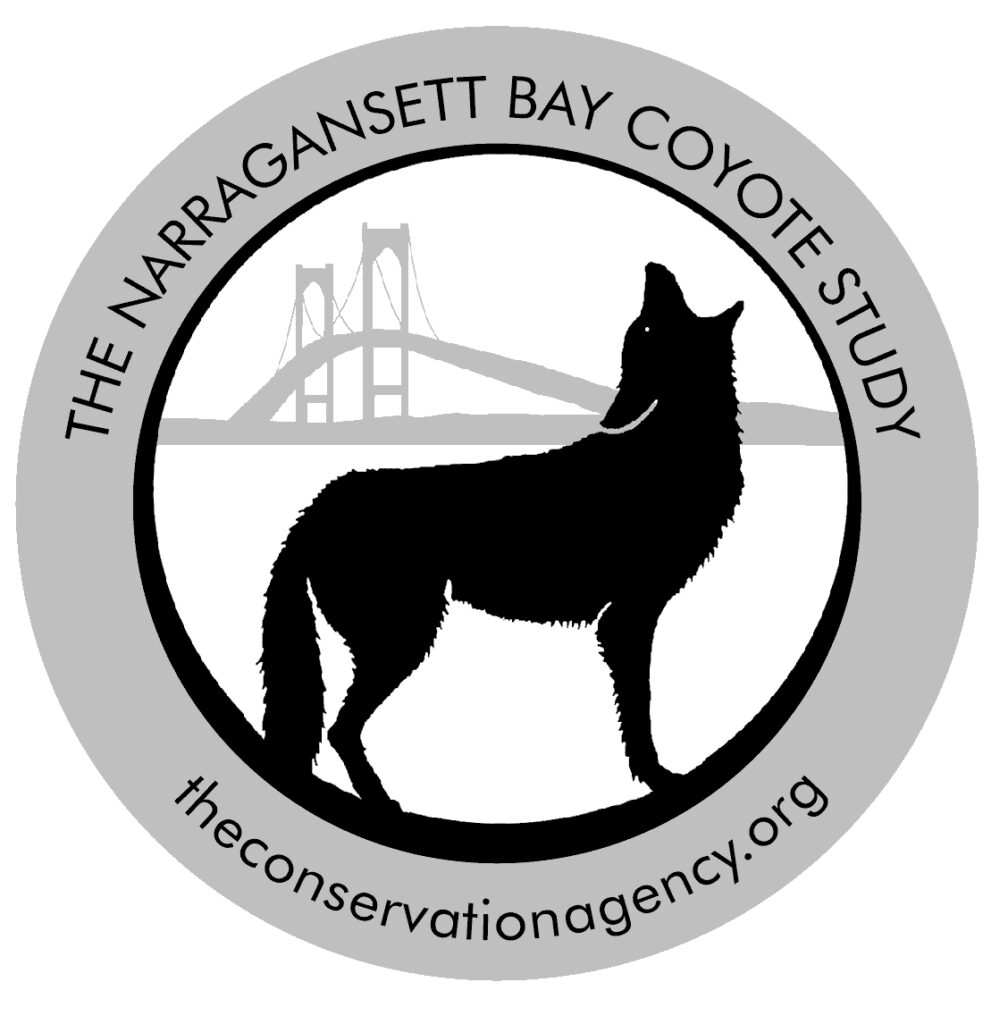
Narragansett Bay Coyote Study
Since 2007, the Survey has collaborated with The Conservation Agency and others to understand the ecology of coyotes in Rhode Island. Early work focused on Aquidneck Island and Jamestown but a five year grant beginning in 2017 allowed expansion across the state. For more information visit the Narragansett Bay Coyote Study website and the CoyoteSmarts website.
Rhode Island Odonata Atlas
The Rhode Island Odonata Atlas was a state-wide inventory begun by the Rhode Island chapter of The Nature Conservancy in 1998 and completed in 2004 under the direction of the Natural History Survey. Over 13,000 records document 137 species of dragonfly and damselfly across Rhode Island. A resurvey of species of conservation concern took place in 2022 and 2023, carried out by the original atlas team plus volunteers. Download a checklist, arising out of this project, of the Odonata of Rhode Island.
Forest Health Works Project (FHWP)
The Forest Health Works Project started out as a partnership with the Rhode Island DEM funded with a competitive grant from the US Forest Service, focused on job training and job creation in the landscaping, arborist, nursery, and related industries. Today, FHWP is funded by a $4M grant from the USDA-NRCS Regional Conservation Partnership Program to DEM and is going to permanently protect over 2,500 acres of forest land to combat fragmentation and deploy forest management plans and restoration funding to improve wildlife habitat. Both Rhody NativeTM and Youth Conservation League began as part of the FHWP.
